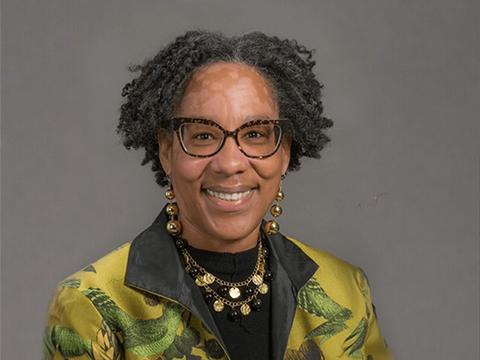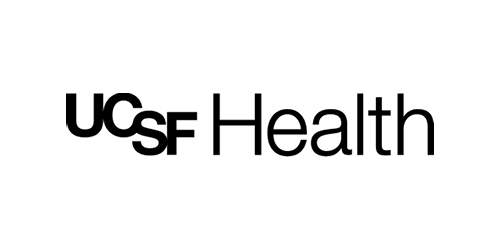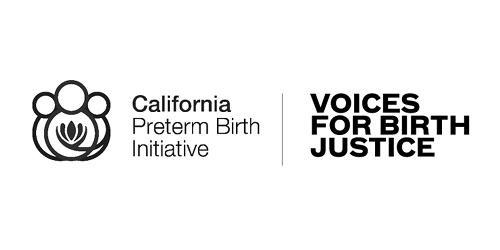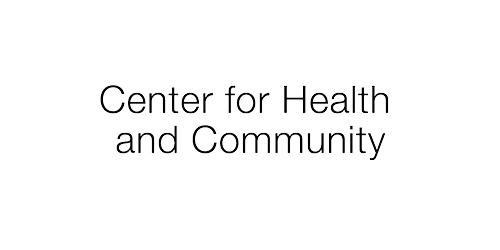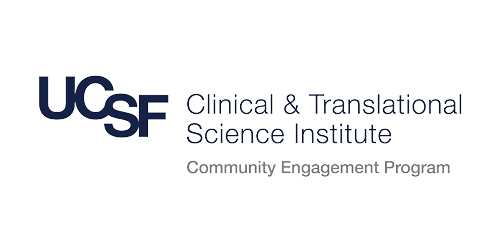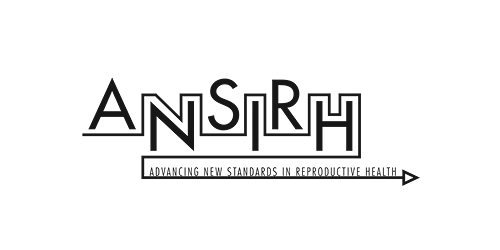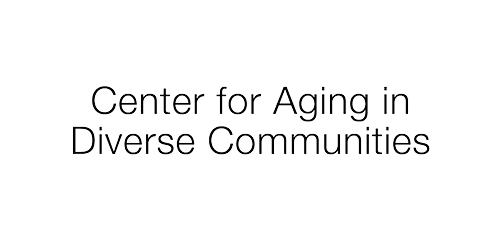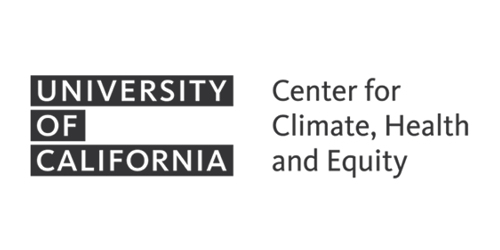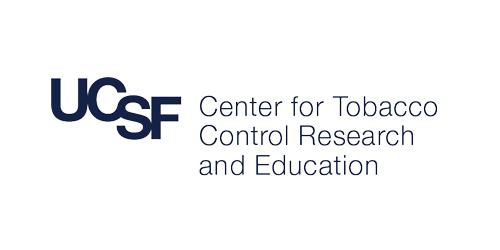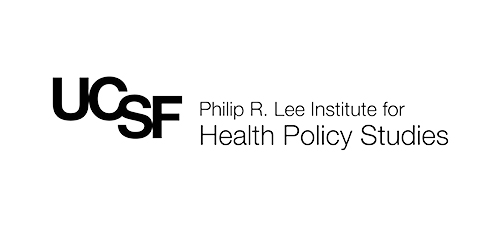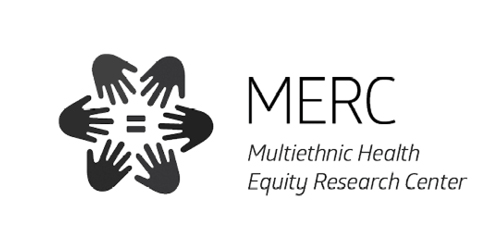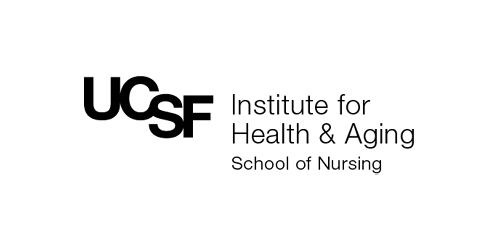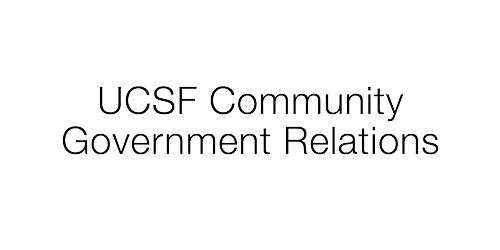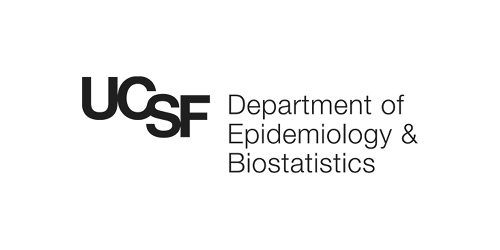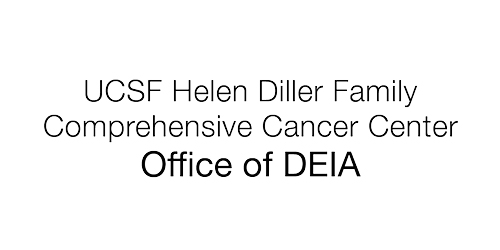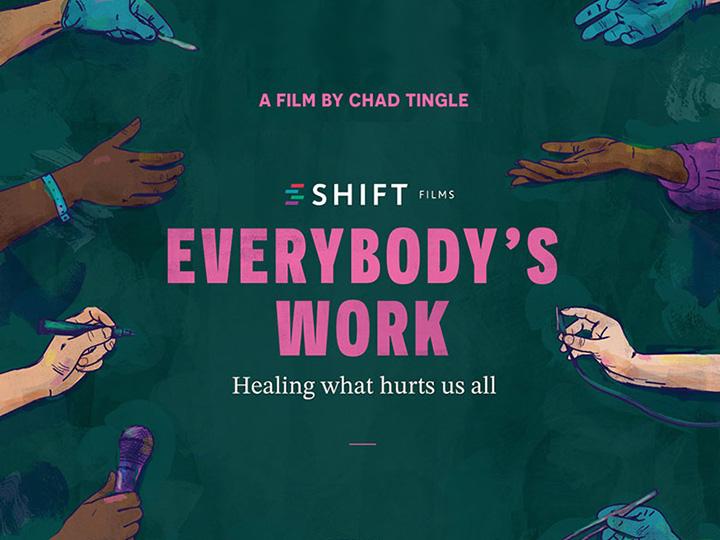Annual UCSF Health Equity and Anti-Racism Research Symposium
Now accepting abstracts through Monday, July 7!
UCSF HEAR Symposium 2025
- Wednesday, October 8, 2025
- 8:00 AM - 3:00 PM
- Mission Bay Conference Center | 1675 Owens Street
The annual UCSF Health Equity and Anti-Racism Research (HEAR) Symposium showcases research and action to advance health equity. The goal of the symposium is to build community among researchers across disciplines and across units, schools and campus sites and the wider Bay Area.
Abstract Information
- Abstracts can be submitted for work that has been presented elsewhere or submitted to a journal for publication, but not for work that has already been published in a peer-reviewed journal.
- We encourage first authors at all levels from students to full professors. The first author will be the presenter if selected for a plenary presentation.
- Each person can be first author on only one submission.
- Faculty, staff, and trainees affiliated with San Francisco Bay Area health care and research institutions are eligible to submit abstracts.
- We encourage submissions that focus on health equity and anti-discrimination research. Examples include work that addresses structural and social determinants of health; interventions for health equity; and community and other stakeholder-engaged research. We will also consider submissions that report on health and healthcare disparities.
Structured abstracts are required and must conform to the following organization.
Non-conforming abstracts will not be reviewed.
- All required components of the abstract including the title and all authors must fit on 1-page and must be in 11-point font.
- The body of the abstract (Background, Methods, Results, Conclusions) must not exceed 400 words.
- Up to 2 figures, graphs or tables are permitted as along as it fits on the 1-page limit with all other required components of the abstract.
- Please submit abstracts as PDF files. Save the PDF file name by: First Author Last name and first initial-Name of Abstract (e.g., Rivera A.-Abstract2023.pdf).
- Required components of the abstract:
- Title. No all caps, quotes, underlining or bolding.
- Authors. Please list all authors by last name and initials and academic/professional affiliation. Please indicate the academic/professional title of first author.
- Background. Describe the context and importance of the study and specify the purpose or goal of the study.
- Methods. Include a description of the methods used including setting, population, sampling techniques, measures, and analytical procedures.
- Results. A summary of results presented in sufficient detail to support the conclusions. Up to 2 tables, graphs or figures are permitted as long as the entire abstract is on one page.
- Conclusions. State the implications of the findings for clinical practice, research, education, or policy. We strongly discourage abstracts that have not yet produced results. Statements such as "The results will be discussed" or "Other data will be presented” are not acceptable.
Accessibility and Language Inclusion
HEAR Symposium is pleased to offer AI-enabled translation in 30 languages for this year’s event. Smartphone and/or tablet is needed to access. Translation will be provided via text and audio. For audio, headphone use is required. For information regarding translation, please contact [email protected].
UCSF welcomes everyone, including people with disabilities, to our events. To request a reasonable accommodation for this event, please contact [email protected] as soon as possible.
